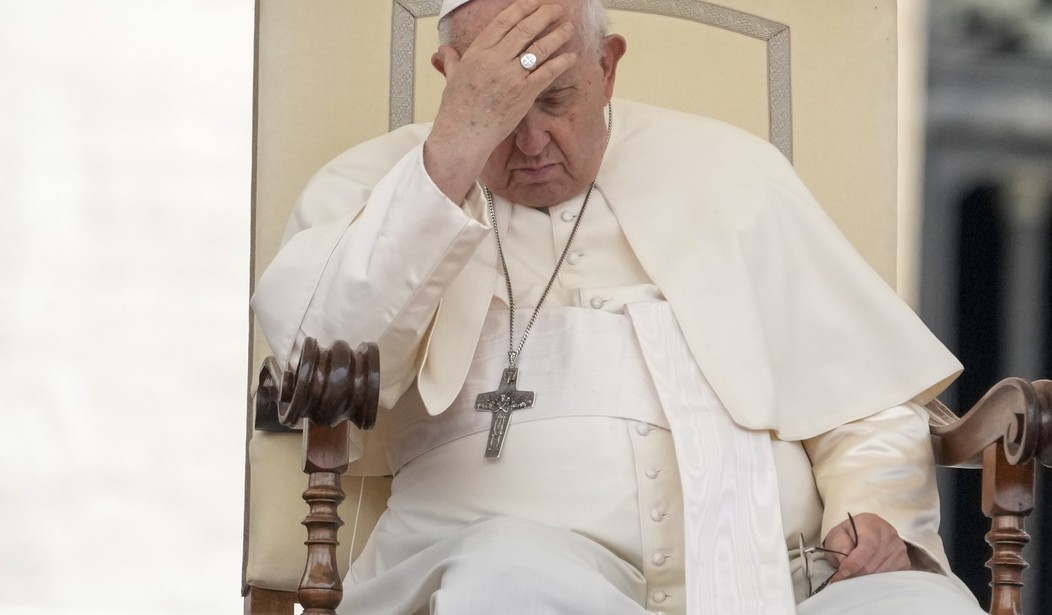The Vatican has demanded bishops and prominent lay Catholic figures moderate their criticisms of Pope Francis and the wider church leadership on social media, expressing concern that they are causing division and ultimately harming its reputation.
The appeal was part of a 20-page document from the Vatican’s communications department entitled “Towards Full Presence. A Pastoral Reflection on Engagement with Social Media.”
It explains:
The Christian style should be reflective, not reactive, on social media. Therefore, we should all be careful not to fall into the digital traps hidden in content that is intentionally designed to sow conflict among users by causing outrage or emotional reactions.
We must be mindful of posting and sharing content that can cause misunderstanding, exacerbate division, incite conflict, and deepen prejudices. Unfortunately, the tendency to get carried away in heated and sometimes disrespectful discussions is common with online exchanges.
The document goes on to single Catholic leaders of all stripes for their criticisms as many continue to criticize the conduct of Pope Francis, who is widely regarded as the most left-wing pope in history.
We can all fall into the temptation of looking for the “speck in the eye” of our brothers and sisters (Mt 7:3) by making public accusations on social media, stirring up divisions within the Church community or arguing about who among us is the greatest, as the first disciples did (Lk 9:46).
The problem of polemical and superficial, and thus divisive, communication is particularly worrying when it comes from Church leadership: bishops, pastors, and prominent lay leaders. These not only cause division in the community but also give permission and legitimacy for others likewise to promote similar type of communication.
“In the face of this temptation, often the best course of action is not to react, or to react with silence so as not to dignify this false dynamic,” it continues. “It is safe to say that this kind of dynamic does not build up; on the contrary, it causes great harm. Thus, Christians are called to show another way.”
Earlier this year, Francis denounced criticism of his leadership as “rash” and called on his detractors to “say it to my face.” His comments were in response to his repeated dealings with the Chinese Communist Party (CCP) as well as his claims that the church should soften its stance on homosexuality.
Many of Francis’s critics have been emboldened by the death of Pope Benedict XVI in December last year, who was a staunch opponent of his other liberal positions on migration, communion for divorcees, and climate change.
“The only thing I ask is that they do it to my face because that’s how we all grow, right?” he told the Associated Press in a wide-ranging interview. “You prefer that they don’t criticise, for the sake of tranquillity.”
There has also been speculation that he may follow in Benedict’s lead by resigning from the role rather than passing it on from his death. “I might die tomorrow, but it’s under control,” he said of his past health problems. I’m in good health.”













Join the conversation as a VIP Member